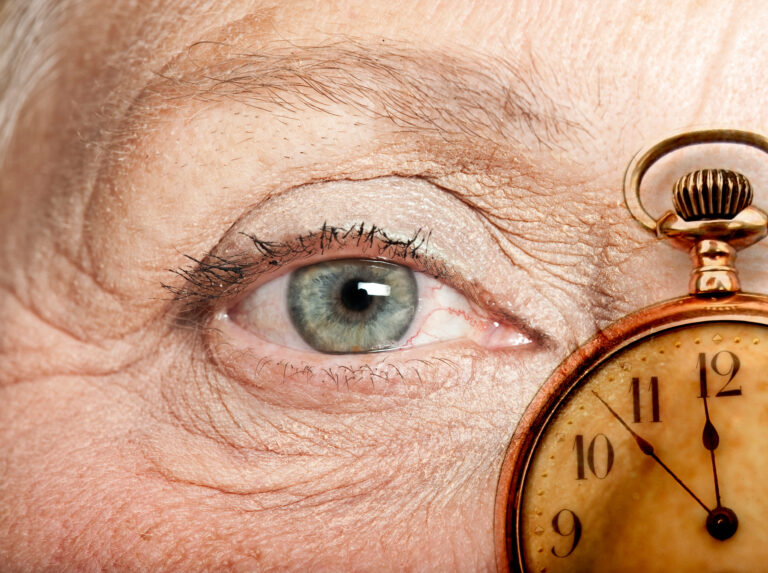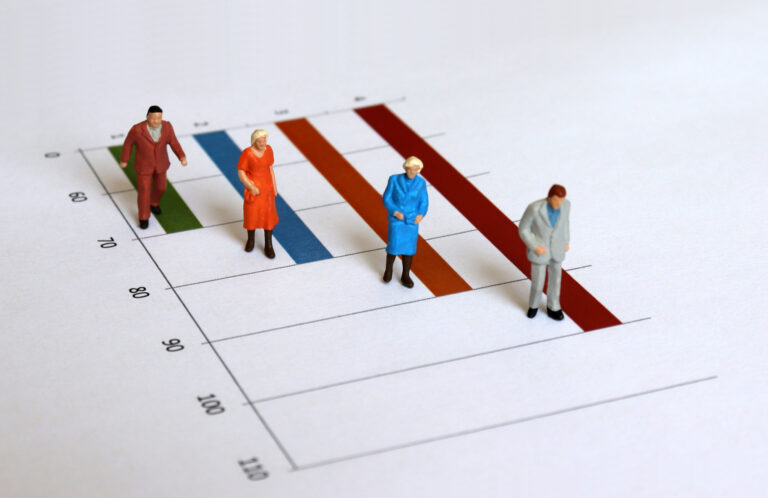Do you ever find yourself pacing back and forth or feeling restless without really knowing why? This kind of behavior can be confusing and frustrating, especially when it seems to come out of nowhere. But restlessness and pacing are actually common signs that your mind or body might be trying to tell you something.
### What Does Restlessness Mean?
Restlessness is a feeling of being unable to sit still or relax. You might pace around the room, fidget with your hands, or just feel an inner urge to move constantly. Sometimes this happens because you’re anxious or stressed, but other times it can happen for reasons you don’t immediately recognize.
### Why Do People Pace or Feel Restless?
There are several reasons why someone might pace or feel restless:
– **Stress and Anxiety:** When you’re stressed out, your body goes into a kind of alert mode. This can make you feel jittery and uneasy, leading to pacing as a way to release nervous energy[1][3].
– **Mood Changes:** Conditions like depression or bipolar disorder sometimes cause restlessness. For example, during certain phases of bipolar disorder, people may pace because they have too much energy they don’t know how to use[4][5].
– **Medical Conditions:** Some neurological conditions such as dementia can cause repetitive behaviors like pacing without the person fully understanding why[2]. Also, side effects from medications may lead to agitation and restlessness[3].
– **Lack of Sleep:** Not getting enough sleep makes it harder for your brain to regulate emotions properly. This often results in irritability and physical restlessness[3].
### What Should You Do If You Feel This Way Often?
If you notice that pacing or feeling restless happens regularly without an obvious reason:
– Try taking deep breaths and practicing relaxation techniques like meditation.
– Make sure you’re getting enough sleep each night.
– Pay attention if these feelings come along with other symptoms like mood swings, trouble concentrating, or changes in appetite.
– Consider talking with a healthcare professional if the restlessness interferes with daily life; it could be linked to anxiety disorders, depression, or other health issues that need support.
### In Short
Feeling restless and pacing isn’t unusual—it’s often your body’s way of coping with stressors inside or outside yourself. By noticing these signs early on and addressing them through healthy habits—or seeking help when needed—you can better understand what’s going on inside you and find ways to calm those uneasy feelings.
If this sounds familiar but confusing—remember: many people experience unexplained restlessness at some point. It’s okay not always having all the answers right away; what matters most is paying attention so you can take care of yourself well.[1][2][3][4][5]





